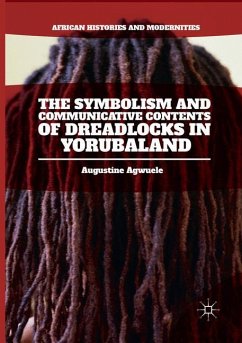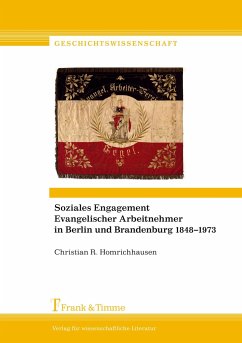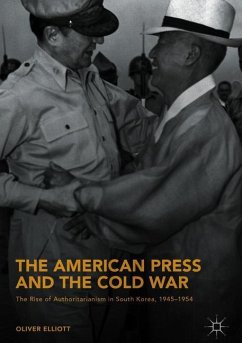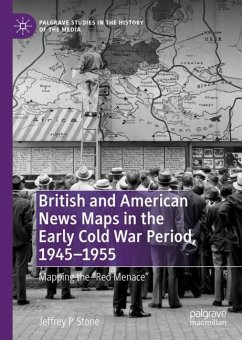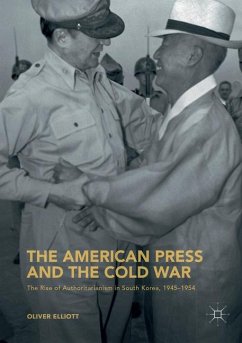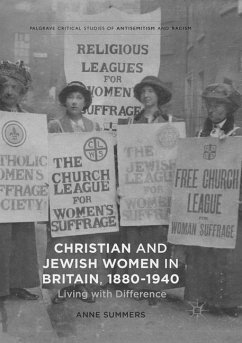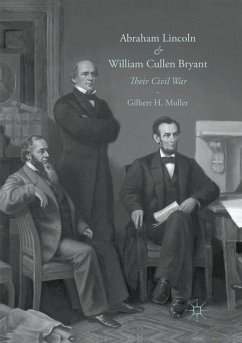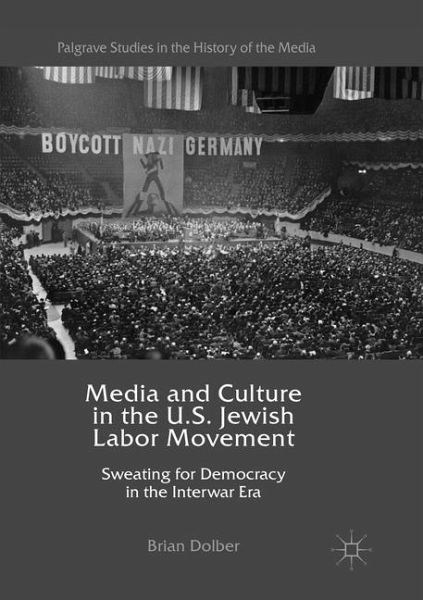
Media and Culture in the U.S. Jewish Labor Movement
Sweating for Democracy in the Interwar Era
Versandkostenfrei!
Versandfertig in 6-10 Tagen
68,99 €
inkl. MwSt.
Weitere Ausgaben:

PAYBACK Punkte
34 °P sammeln!
This book explores the Jewish Left's innovative strategies in maintaining newspapers, radio stations, and educational activities during a moment of crisis in global democracy. In the wake of the First World War, as immigrant workers and radical organizations came under attack, leaders within largely Jewish unions and political parties determined to keep their tradition of social unionism alive. By adapting to an emerging media environment dependent on advertising, turn-of-the-century Yiddish socialism morphed into a new political identity compatible with American liberalism and an expanding co...
This book explores the Jewish Left's innovative strategies in maintaining newspapers, radio stations, and educational activities during a moment of crisis in global democracy. In the wake of the First World War, as immigrant workers and radical organizations came under attack, leaders within largely Jewish unions and political parties determined to keep their tradition of social unionism alive. By adapting to an emerging media environment dependent on advertising, turn-of-the-century Yiddish socialism morphed into a new political identity compatible with American liberalism and an expanding consumer society. Through this process, the Jewish working class secured a place within the New Deal coalition they helped to produce. Using a wide array of archival sources, Brian Dolber demonstrates the importance of cultural activity in movement politics, and the need for thoughtful debate about how to structure alternative media in moments of political, economic, and technological change.





